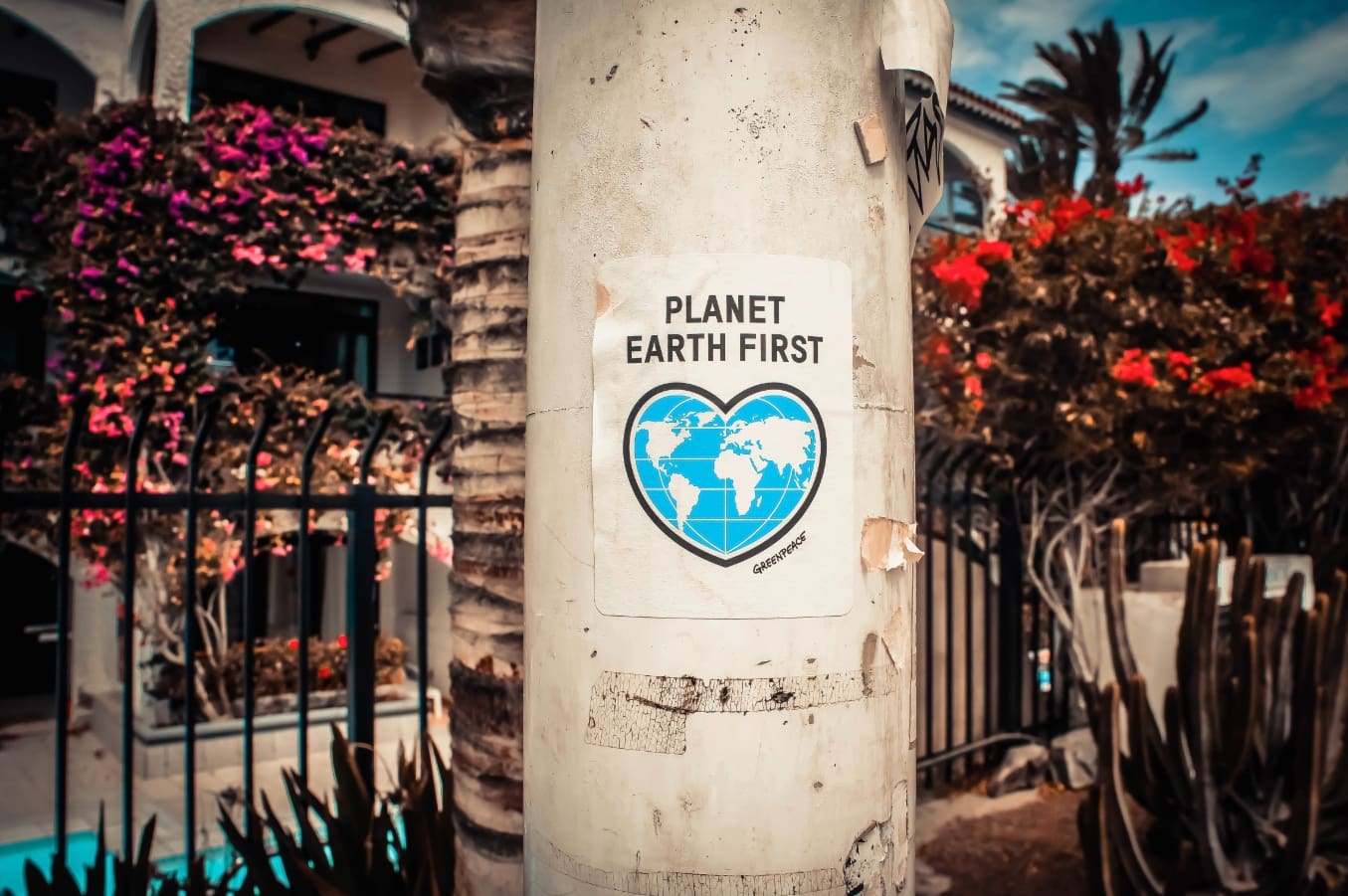A Corporate Social Responsibility (CSR) checklist for any business
Corporate Social Responsibility (CSR) is a self-regulating business model that works to keep organisations accountable. Whether it’s to their stakeholders, customers, local community, or the wider world, CSR helps businesses remain conscious of their impact and encourages them to always generate greater social, economic, and environmental value.
We’re increasingly seeing a departure from a focus on businesses finances. Instead of monitoring success on profits and sales, we consider the bigger picture of a business. To be profitable, a business needs to reduce any negative impacts on the environment and society, and find new ways to achieve social value and demonstrate this to customers and investors.
Research has shown that an effective CSR strategy can increase a company’s value by 4-6%, proving the importance of CSR for every business, regardless of your size or industry.
To help you figure out where your organisation currently is in terms of its CSR, we’ve put together a simple checklist for you to run through. Note which option best represents you and use the key at the end to see what this says about your approach.
Environment
Community
Workplace
Results
If you answered mostly A: You’re committed to your CSR strategy and have successfully integrated it into your business operations. Despite already doing a lot, there’s always room to do more. It’s time to get creative and look for alternative ways to do social good.
If you answered mostly B: You’re on the right track when it comes to CSR. You’re hitting the right areas and making impactful changes. Now, it’s about strengthening your ongoing commitment and looking for ways to further improve your initiatives.
If you answered mostly C: Your organisation’s CSR strategy is still in its infancy and there’s plenty more you can do to generate social value. Take the above list as inspiration to explore what else you can do to support your staff, community, and planet.
If you answered mostly D: You might be right at the start of your CSR journey and are still trying to figure out what social value means to your organisation. The scenarios above are a great place to start when it comes to implementing a CSR strategy.
No matter what part of your CSR journey you’re on, it can seem like a lot to consider. It can also be a lot of data to keep track of and how you capture and measure this information is an important part of the process. Thankfully, there are simple, effortless ways to measure your impact and see what good you are doing in the world.
Impact can help your organisation monitor and report on CSR data. We equate your social, environmental, and economic impact with real-world, tangible outcomes to help you visualise your progress and continue to keep doing better. If you want to find out more, or want advice on implementing a CSR strategy, get in touch on 0161 532 4752.


